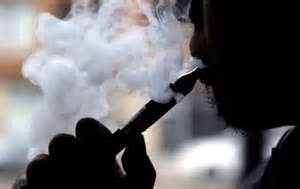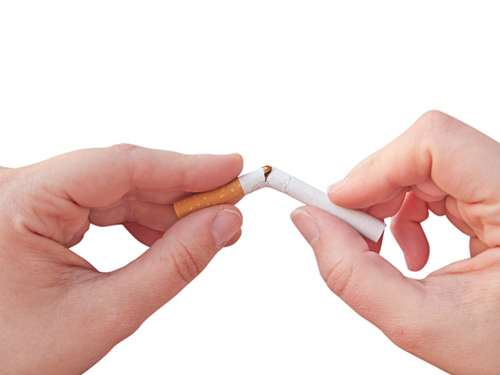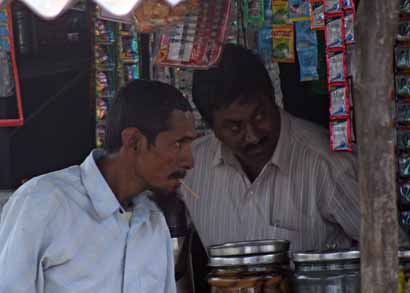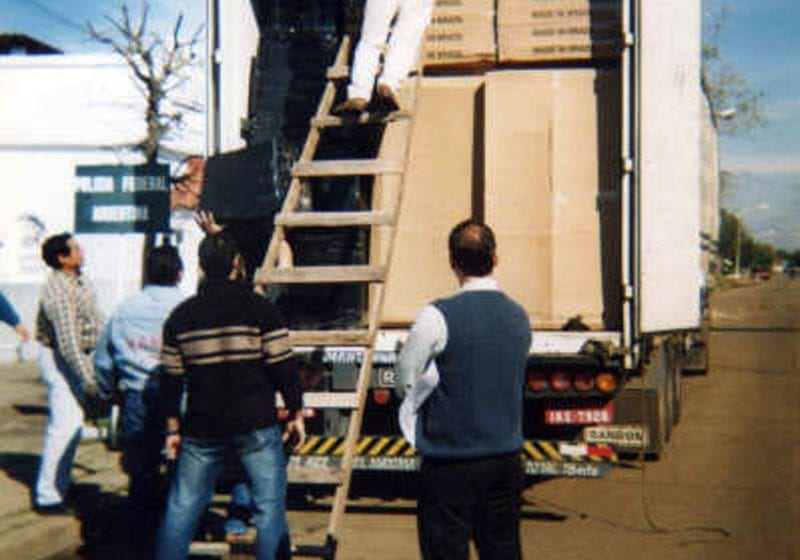A review of Thailand’s ban on electronic cigarettes is being launched in light of difficulties in enforcing the law, according to a by Eleven story citing The Nation.
A working panel led by the Commerce Ministry has assigned the Tobacco Control Research and Knowledge Management Centre (TRC) to conduct the review.
The panel was set up late last year to reconcile conflicting opinions about the ban and how to enforce it, said its chair, Keerati Rushchano, deputy director-general of the Department of Foreign Trade.
Thailand had banned the import, sale and servicing of e-cigarettes in 2014, but since then the authorities had encountered problems with law enforcement, Keerati said.
For instance, the tourism authority had raised concerns that foreign tourists were complaining they had not heard about the ban before arriving in the country.
In addition, while the law banned the import and sale of the devices there was no specific prohibition against using them, a situation that had caused confusion among law enforcers.
The TRC is expected to take about six months to complete its review.










